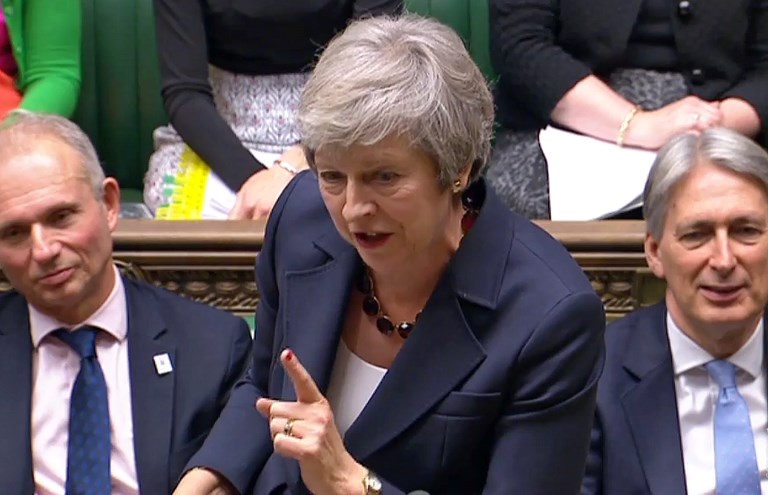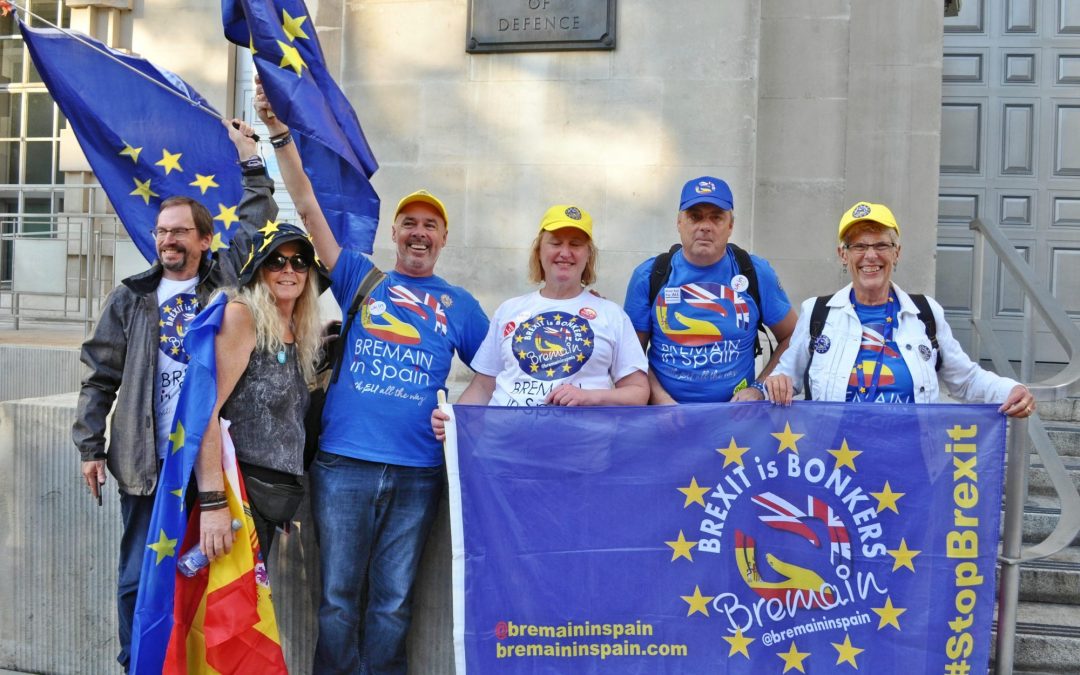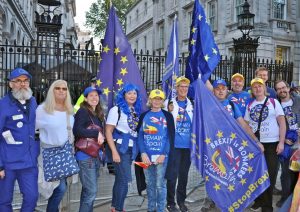
‘Deal? What deal?’: Reaction from Brits in Spain
 Sue Wilson, chair of Bremain in Spain, shared her thoughts with The Local.
Sue Wilson, chair of Bremain in Spain, shared her thoughts with The Local.
“The reactions from Bremain in Spain members have ranged from serious concerns over our future citizens’ rights to ‘I’ll believe it when I see it’,” she said.
“It’s been difficult for many to know how to react to the news, as there’s so little information available. We’ve been told a deal has been done, that the UK and the EU have reached an agreement, but where is the evidence?”
“There has been no announcement from Theresa May or confirmation from Michel Barnier. Only a qualified comment from Ireland’s Deputy Premier, Simon Coveney, that negotiations were ongoing and have not yet concluded.”
“During Prime Minister’s Question Time today, May described the 500 page document as a “draft agreement”, while her deputy, David Liddington, described it only as a “provisional agreement between negotiators”. A statement to the House is not expected until tomorrow, after the Cabinet has met this afternoon.
Wilson adds: “It would seem the only sure thing is that the proposed agreement has not been well received, neither by Remain or Leave supporters.”
“May has been meeting Cabinet ministers one at a time in an effort to garner their support. Whether she has succeeded, we shall wait to find out.
Full article in The Local








